 |
| Sheet Metal and Air Conditioning Contractors’ National Association |
Tariff Influence on Construction Materials
The Construction MMI (Monthly Metals Index) continued its sideways trend, dipping slightly by 1.35%. The U.S. construction industry is navigating a shifting landscape shaped by recent policy changes, Trump tariffs, and other economic factors. Steel remains essential for modern construction, particularly in infrastructure projects. However, a newly imposed 10% tariff on Chinese steel imports is expected to drive up costs for key materials like H-beam steel and steel rebar, affecting contractors and developers.
China’s Steel Exports and Economic Impacts
China’s steel exports surged to 110.72 million metric tons in 2024, marking a 22.7% increase from the previous year. This growth is largely due to declining domestic demand, prompting Chinese manufacturers to offload excess steel onto global markets. International steelmakers are facing price pressures as they compete with lower-priced Chinese exports.
With the enforcement of the 10% tariff on Chinese steel—and the potential for a steeper 25% tariff on all steel imports—construction firms are bracing for financial strain. Higher costs may lead to project delays, scaled-down developments, or increased expenses ultimately passed on to consumers. Small businesses in the construction sector, already grappling with tight margins due to high interest rates, are particularly concerned about the financial impact of these tariffs.
Long-Term Outlook and Industry Responses
While short-term challenges persist, some experts argue that tariffs could ultimately benefit the domestic steel and aluminum industries by promoting U.S. production and job creation. During the COVID-19 pandemic, construction materials like steel and lumber experienced extreme price volatility. Compared to that period, tariffs may have a more predictable and controlled impact on the market.
Industry organizations such as the Sheet Metal and Air Conditioning Contractors’ National Association (SMACNA) are advising firms to anticipate cost increases by adjusting contracts and seeking domestic sourcing options where feasible. Many businesses are also leveraging market intelligence tools like MetalMiner to track price movements, optimize procurement strategies, and mitigate tariff-related expenses.
Noteworthy Price Shifts
- European commercial 1050 aluminum sheet dropped 2.86% to $3,709.11 per metric ton.
- Chinese H-beam 200mm steel fell 0.16% to $441.72 per metric ton.
- Chinese steel rebar declined 2.65% to $481.91 per metric ton.

